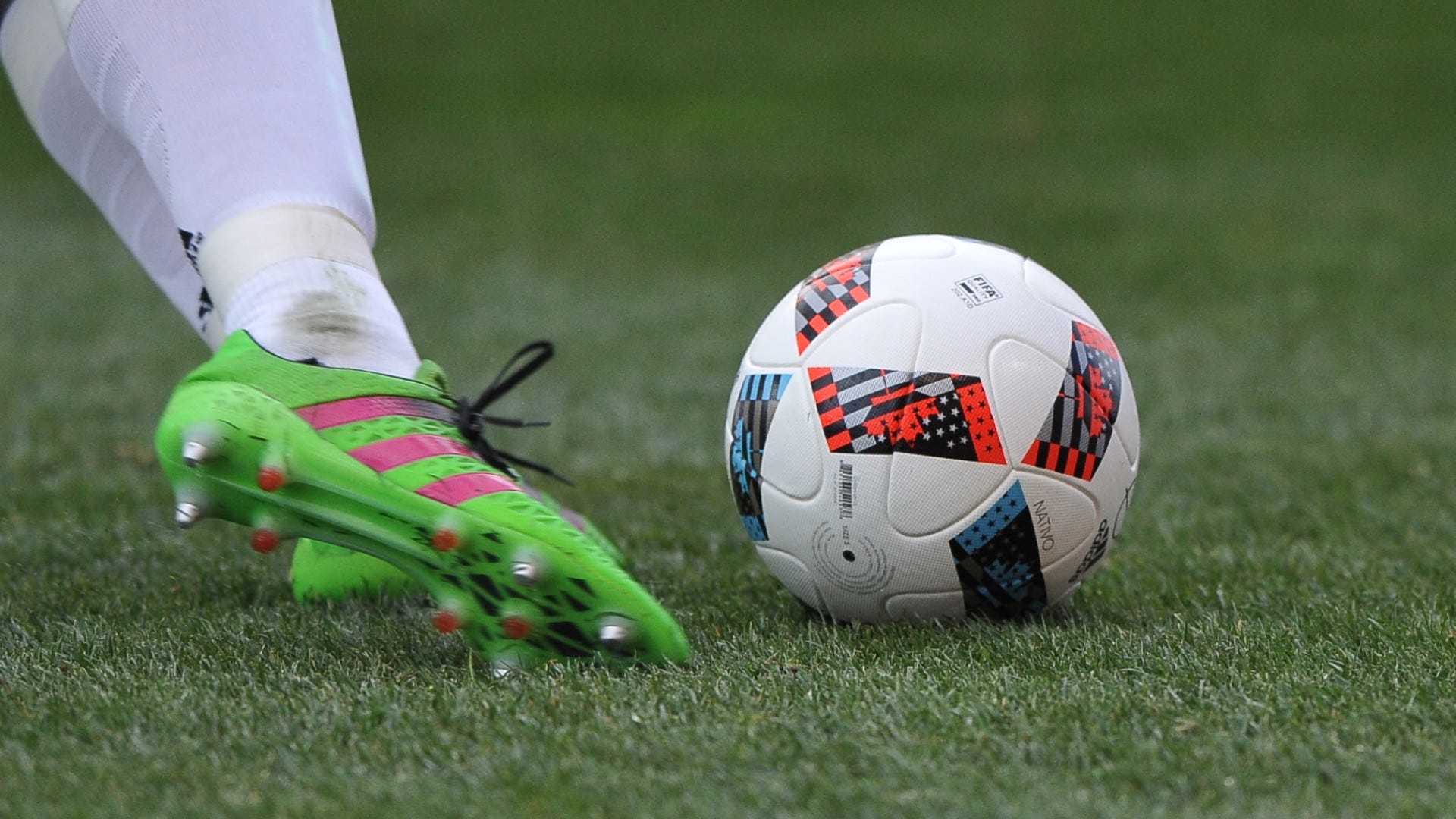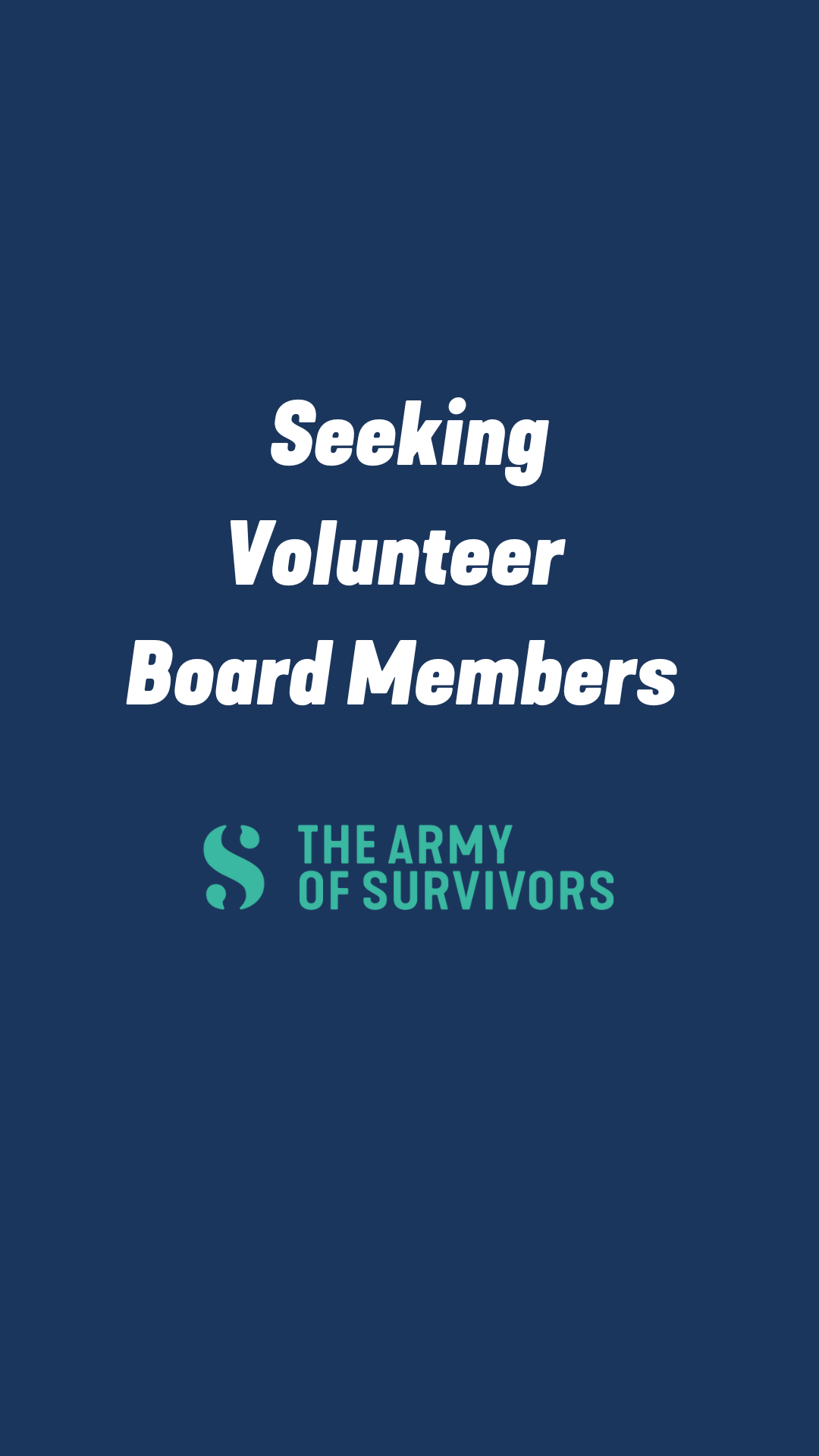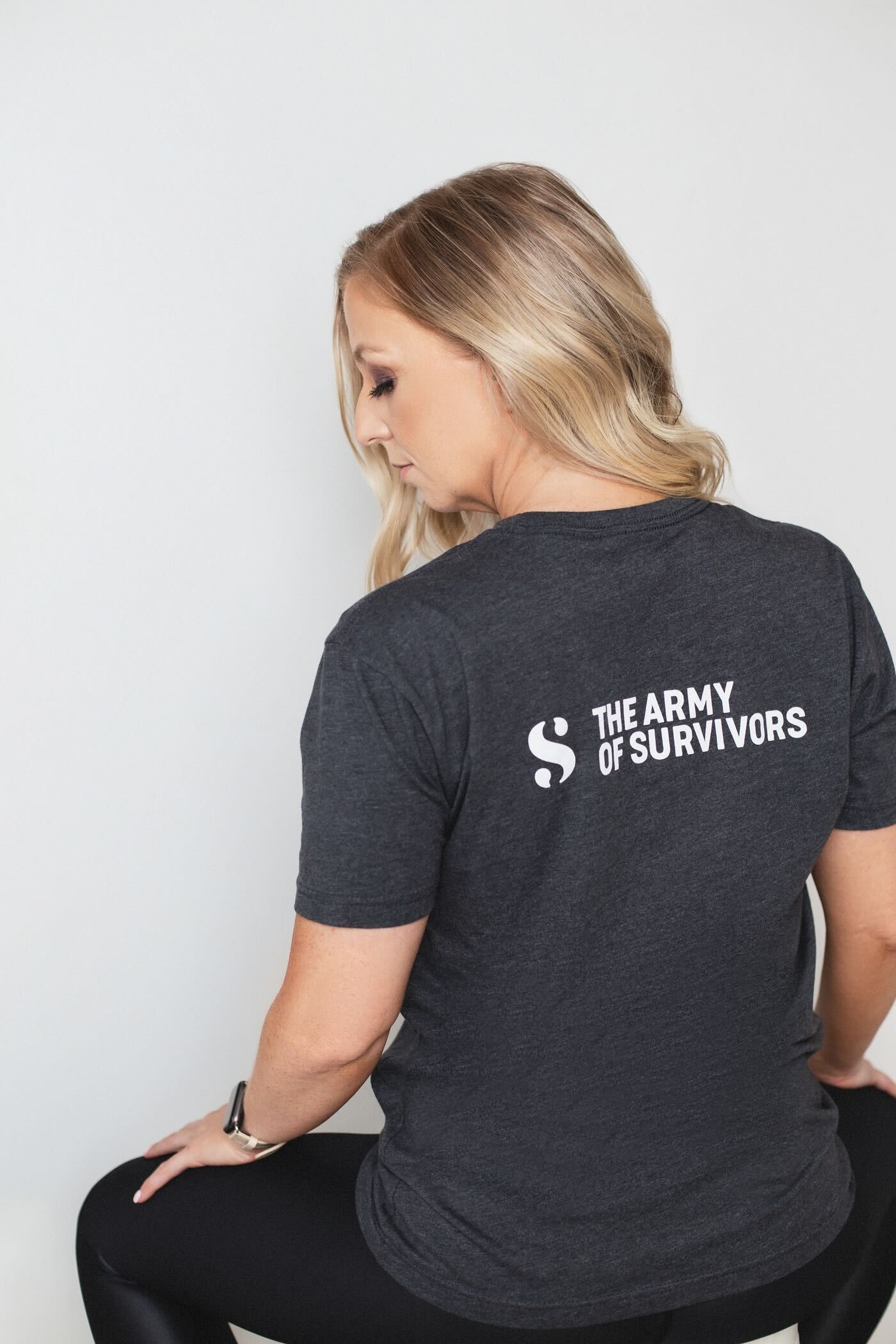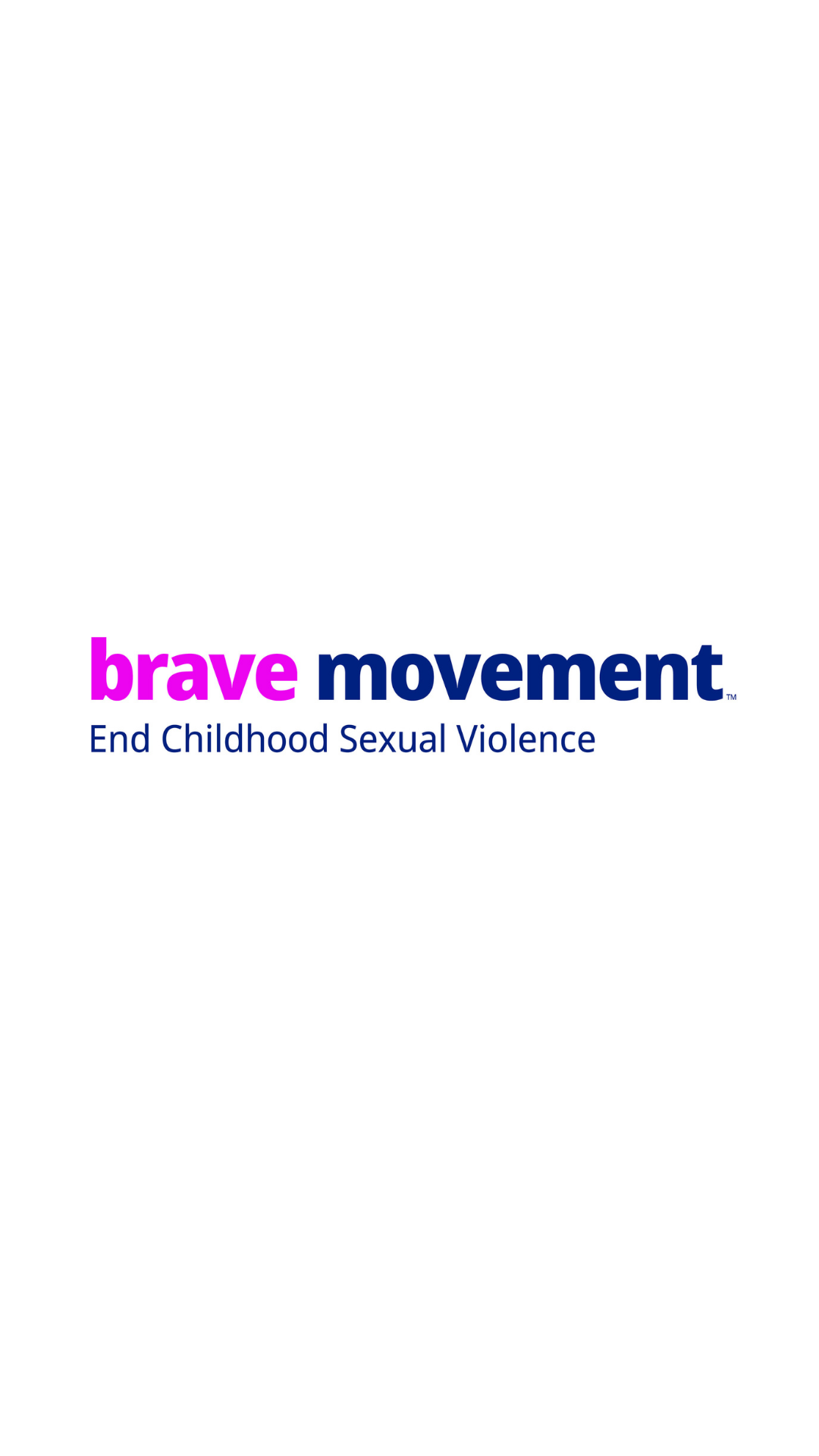Don’t Lower The Rims! Fighting for Gender Equity in Women’s March Madness
March is International Women’s Month. It is also the time of the year in which one of the largest, most popular sports tournaments takes place: March Madness. This month, we…
Please join us in creating a brighter, safer future for athletes everywhere. Donate Now
March is International Women’s Month. It is also the time of the year in which one of the largest, most popular sports tournaments takes place: March Madness. This month, we…
Dear Athlete, Yesterday was the 8th of August, 2023 - International Safe Sport Day. We hope you don’t know what today means. We hope you don’t need to know what…
The Army of Survivors, the only national organization specializing in advocacy for and support of athlete survivors of sexual violence in sports, has been named an Official Charity Partner for…
Sport Court Wrongly Reverses Life Ban for Ex-Federation President (New York, February 22, 2023) – The Court of Arbitration for Sport (CAS) has wrongly annulled FIFA’s lifetime ban and other…
Seeking Volunteer Nonprofit Board Members The Army of Survivors [Remote] The Army of Survivors (TAOS) is currently recruiting for multiple board positions, and specifically for a Treasurer and an individual…
By Danielle Moore I still remember the very first meeting of what was yet to be called The Army of Survivors (TAOS). A group of us were in Washington DC…
By Alex Rusek, The Army of Survivors Board Member It is hard to believe that four years ago I was given the opportunity and honor to work with an inspiring…
At the first-ever #BeBrave Global Survivors Action Summit on April 27, adult survivors of childhood sexual violence and allies in 22 countries (Albania, Bolivia, Canada, Colombia, Democratic Republic of Congo,…
UPDATE: On Wednesday, June 8, more than 90 women also filed lawsuits against the FBI for its failure to properly investigate the crimes of Larry Nassar. On Thursday, April 21,…
During Sexual Assault Awareness Month in April, The Army of Survivors is publishing a series of open letters to athlete survivors from our board members. This is the first letter…
Gaining trust is often achieved by “unburdening” or doing “favors” for the parents/ guardians such as providing transportation to a family that is struggling with scheduling or providing equipment to a child whose family cannot afford it. While providing support to a family is not a direct indicator of malice, when partnered with expected compliance or used to make the athlete feel as though they are indebted to a coach, this could be a method of gaining power and control.
Heteronormativity occurs in the assumption that perpetration does not happen outside of a cisgender male perpetrator and a cisgender female survivor. Heteronormativity, homophobia, sexism, and cissexism reinforce gender myths further silencing survivors that experience trauma outside of cisgender male perpetrator and cisgender female survivor. In addition, sexism and patriarchal myths are utilized to weaponize male and masculine privilege over feminine and female-identified athletes and reinforces a power dynamic and toxic gender roles.
Gaining trust is often achieved by “unburdening” or doing “favors” for the parents/ guardians such as providing transportation to a family that is struggling with scheduling or providing equipment to a child whose family cannot afford it. While providing support to a family is not a direct indicator of malice, when partnered with expected compliance or used to make the athlete feel as though they are indebted to a coach, this could be a method of gaining power and control.
Gaining trust is often achieved by “unburdening” or doing “favors” for the parents/ guardians such as providing transportation to a family that is struggling with scheduling or providing equipment to a child whose family cannot afford it. While providing support to a family is not a direct indicator of malice, when partnered with expected compliance or used to make the athlete feel as though they are indebted to a coach, this could be a method of gaining power and control.
Gaining trust is often achieved by “unburdening” or doing “favors” for the parents/ guardians such as providing transportation to a family that is struggling with scheduling or providing equipment to a child whose family cannot afford it. While providing support to a family is not a direct indicator of malice, when partnered with expected compliance or used to make the athlete feel as though they are indebted to a coach, this could be a method of gaining power and control.
Heteronormativity occurs in the assumption that perpetration does not happen outside of a cisgender male perpetrator and a cisgender female survivor. Heteronormativity, homophobia, sexism, and cissexism reinforce gender myths further silencing survivors that experience trauma outside of cisgender male perpetrator and cisgender female survivor. In addition, sexism and patriarchal myths are utilized to weaponize male and masculine privilege over feminine and female-identified athletes and reinforces a power dynamic and toxic gender roles.
Gaining trust is often achieved by “unburdening” or doing “favors” for the parents/ guardians such as providing transportation to a family that is struggling with scheduling or providing equipment to a child whose family cannot afford it. While providing support to a family is not a direct indicator of malice, when partnered with expected compliance or used to make the athlete feel as though they are indebted to a coach, this could be a method of gaining power and control.
Gaining trust is often achieved by “unburdening” or doing “favors” for the parents/ guardians such as providing transportation to a family that is struggling with scheduling or providing equipment to a child whose family cannot afford it. While providing support to a family is not a direct indicator of malice, when partnered with expected compliance or used to make the athlete feel as though they are indebted to a coach, this could be a method of gaining power and control.
Gaining trust is often achieved by “unburdening” or doing “favors” for the parents/ guardians such as providing transportation to a family that is struggling with scheduling or providing equipment to a child whose family cannot afford it. While providing support to a family is not a direct indicator of malice, when partnered with expected compliance or used to make the athlete feel as though they are indebted to a coach, this could be a method of gaining power and control.
Gaining trust is often achieved by “unburdening” or doing “favors” for the parents/ guardians such as providing transportation to a family that is struggling with scheduling or providing equipment to a child whose family cannot afford it. While providing support to a family is not a direct indicator of malice, when partnered with expected compliance or used to make the athlete feel as though they are indebted to a coach, this could be a method of gaining power and control.
Using a long-term method of creating a personal relationship with the athlete to reinforce power and control, and alienate the athlete from their support systems. Grooming often occurs on a continuum beginning with boundary crossing and then escalating to additional acts of sexual abuse.
Coaches, guardians, and people of influence often instill fear in athletes using threats such as reducing playing time or being removed from the team, to secure compliance and/or silence. Promised rewards of additional resources and time may be used to manipulate athletes into compliance and/or silence.
Gaining trust is often achieved by “unburdening” or doing “favors” for the parents/guardians such as providing transportation to a family that is struggling with scheduling or providing equipment to a child whose family cannot afford it. These actions often occur in a way that seem helpful and generous, but coaches, guardians, and people of influence may exploit a child and/or family’s vulnerability to gain their trust and place them in the position of a parental figure.
Coaches, guardians, and people of influence maintain control over interactions and use isolation tactics to make athletes feel alone by restricting access to other athletes, coaches, trainers, facilities, and their family.
Using pressure or manipulation to force sexual contact. For example, using shame, threats, ultimatums, or withholding access to their sport or playing time as punishment for not engaging in sexual contact.
Coaches, guardians, and people of influence* making light of abuse disclosed by athletes or whistleblowers and shifting the blame onto them. For example, gaslighting them into believing it did not happen or that the abuse was really an acceptable act within athletic training.









